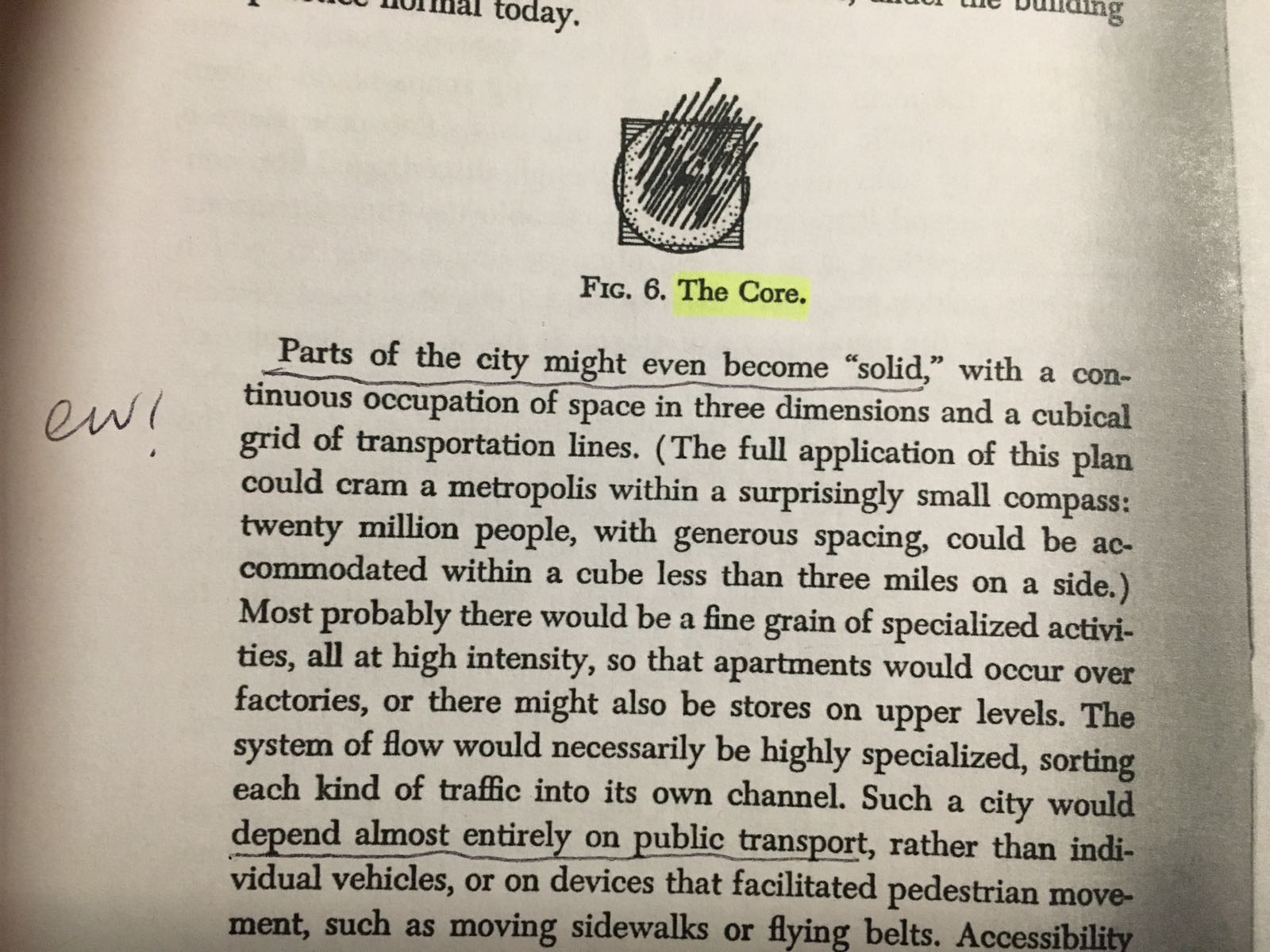The contemporary problem I intend to write on is the unorganized growth of cities in the Global South. The failure of the Governments in the planning of such cities is partially due to the lack of a stronger conversation in the field of urban planning in the international scene as the one there is in other fields like architecture, economics, public policy, sociology, medicine or law. I will posit that this is partially due to the narrowness with which urban planning has been discussed and practiced in the United States.
In that sense, the historical road not taken that I will argue that could have changed the course of the aforementioned problem is the separation of the field of urban planning from the activity of the bureaucrats of the United States in the modernist era. I will posit that the building of the urban planning has been so linked to American local issues (such as the period of urban renewal) that it did not feed nor received feedback from the experience of the development of human settlements in other parts of the world.
This narrow space of action of the urban planners in the United States gave room to doubts about the very definition of the activity of planning that went from the “attack” of the profession by Jane Jacobs to the fear of the “triviality” of planning as explained by Campanella. A broader field of urban planning, perhaps not as a proper field but as a specialization within other fields (i.e. architecture, economics, sociology, law) could have generated a bigger discussion among the scholars of different parts of the world and, as a result, better policies for the development of cities of the Global South.
